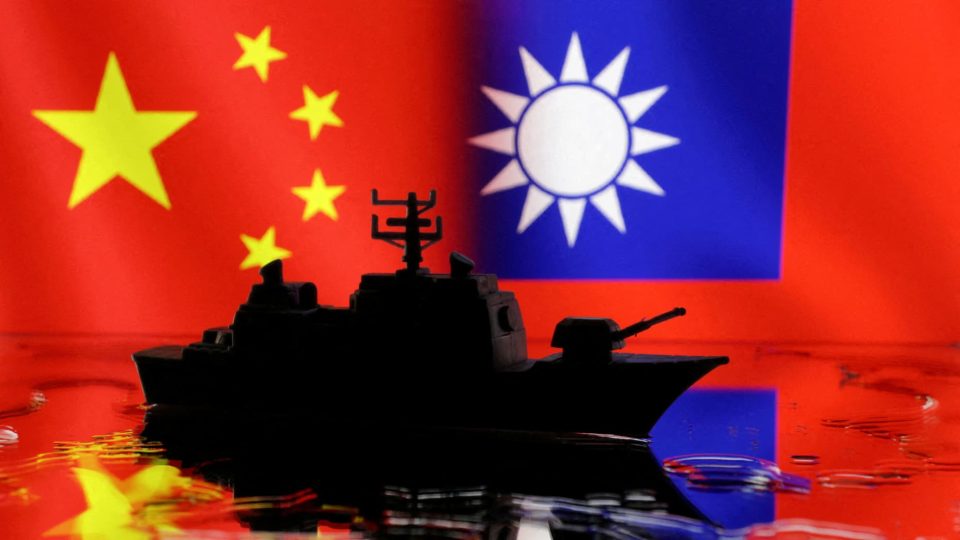Taiwan’s Defense Minister Wellington Koo stated on Wednesday that any actual Chinese blockade of Taiwan would constitute an act of war and have significant implications for international trade. This warning follows recent military drills conducted by China that simulated such a blockade.
China, which regards the democratically governed Taiwan as part of its territory, has conducted nearly daily military activities around the island over the past five years, including exercises simulating blockades and assaults on ports. Taiwan’s government firmly rejects Beijing’s sovereignty claims.
China’s latest drills encompassed the simulation of blockading key ports and targeting maritime and ground installations. Koo pointed out to reporters at the parliament that while the “Joint Sword-2024B” exercises defined the operational area, there were no designated no-flight or no-sail zones.
“If you genuinely wish to execute a blockade, which under international law prohibits all aircraft and ships from entering a defined area, then it is deemed an act of war according to United Nations resolutions,” he asserted.
Koo emphasized that “drills and exercises are entirely different from a blockade” and highlighted the broader impacts such a blockade would have on the international community. He referenced statistics indicating that one-fifth of global freight passes through the Taiwan Strait, suggesting that a blockade would have far-reaching consequences beyond Taiwan itself. “The international community could not sit by and just watch,” he added.
Despite the brief duration of these military exercises, China’s military activities persist, and the government has never renounced the use of force to assert control over Taiwan.
Additionally, Taiwan’s Defense Ministry reported on Wednesday that a Chinese aircraft carrier group, led by the Liaoning, passed through the Taiwan Strait, moving northward after coming near the Taiwan-controlled Pratas Islands. The ministry stated that it monitored the Chinese fleet, which was detected on Tuesday night.
Koo noted that the Liaoning was navigating the western side of the strait’s median line, an unofficial boundary that China does not recognize. The Liaoning had previously participated in military drills near Taiwan, where it was seen launching aircraft.
Last month, Japan reported that the Liaoning had entered its contiguous waters for the first time. China claims jurisdiction over the Taiwan Strait, which is approximately 110 miles wide and a crucial passage for international trade, while Taiwan and the United States assert it is an international waterway.
The U.S. Navy routinely conducts operations in the strait to affirm freedom of navigation rights, with allied nations like Canada, Germany, and Britain also participating in similar missions, provoking anger from Beijing.
Taiwan remains concerned about China’s potential use of its coast guard in military exercises and is particularly wary of the possibility that Chinese forces may board and inspect Taiwanese civilian vessels in an effort to exert legal authority in the strait. Taiwan’s coast guard reported to parliament on Wednesday that if such incidents occurred, its vessels would respond under the principle of “neither provoking nor backing down,” determined to thwart such actions “with all its strength.”
Credit: CNN




